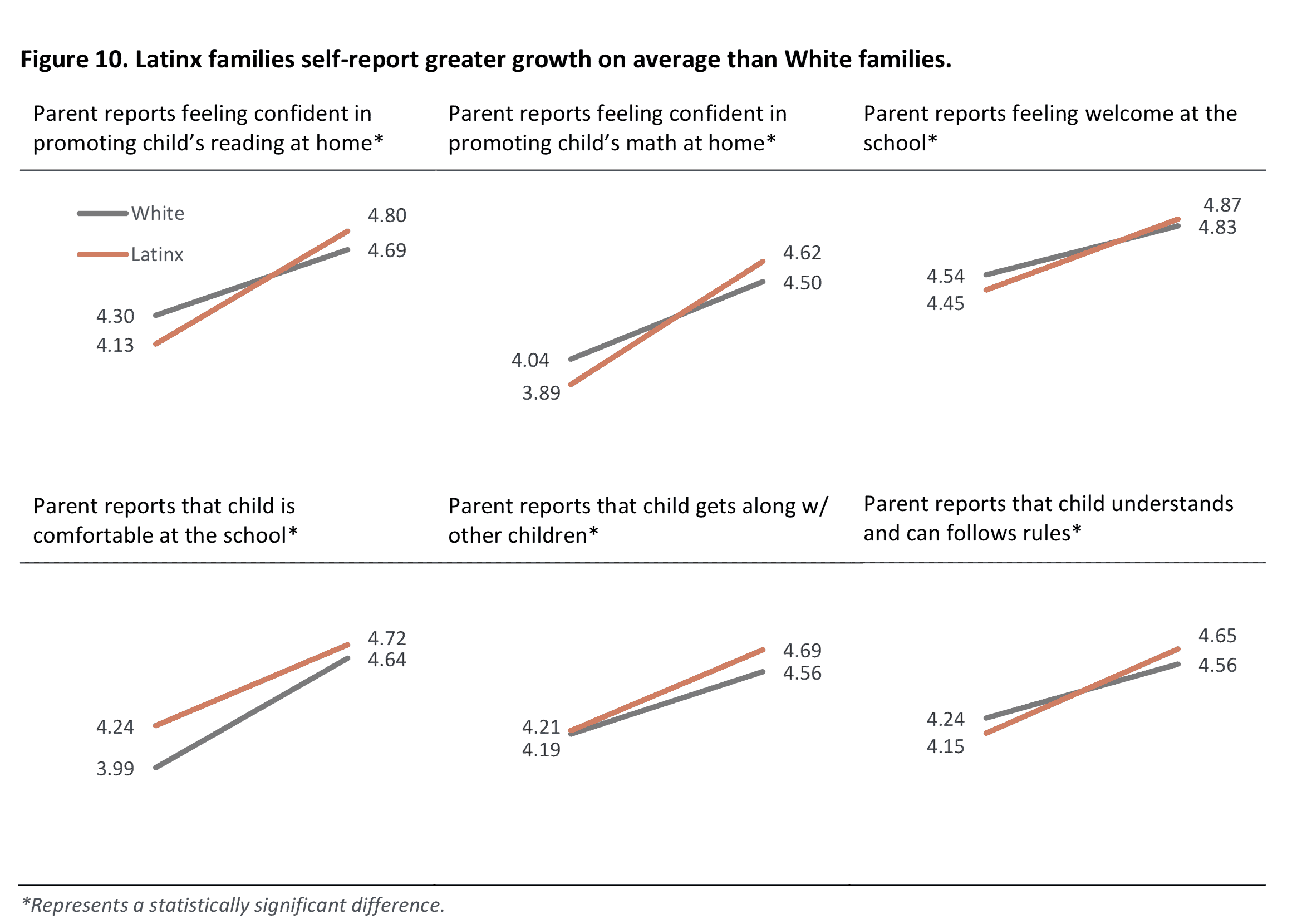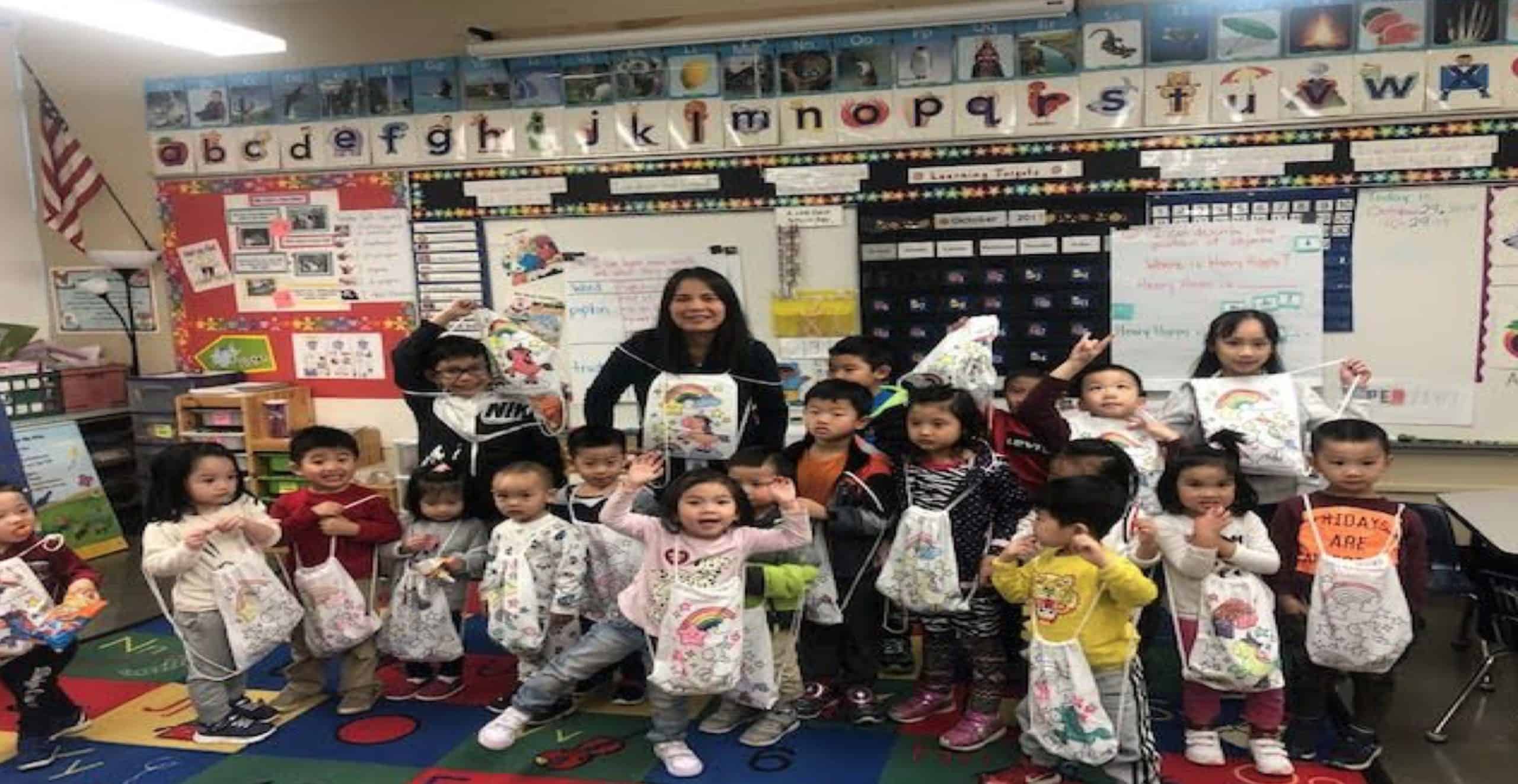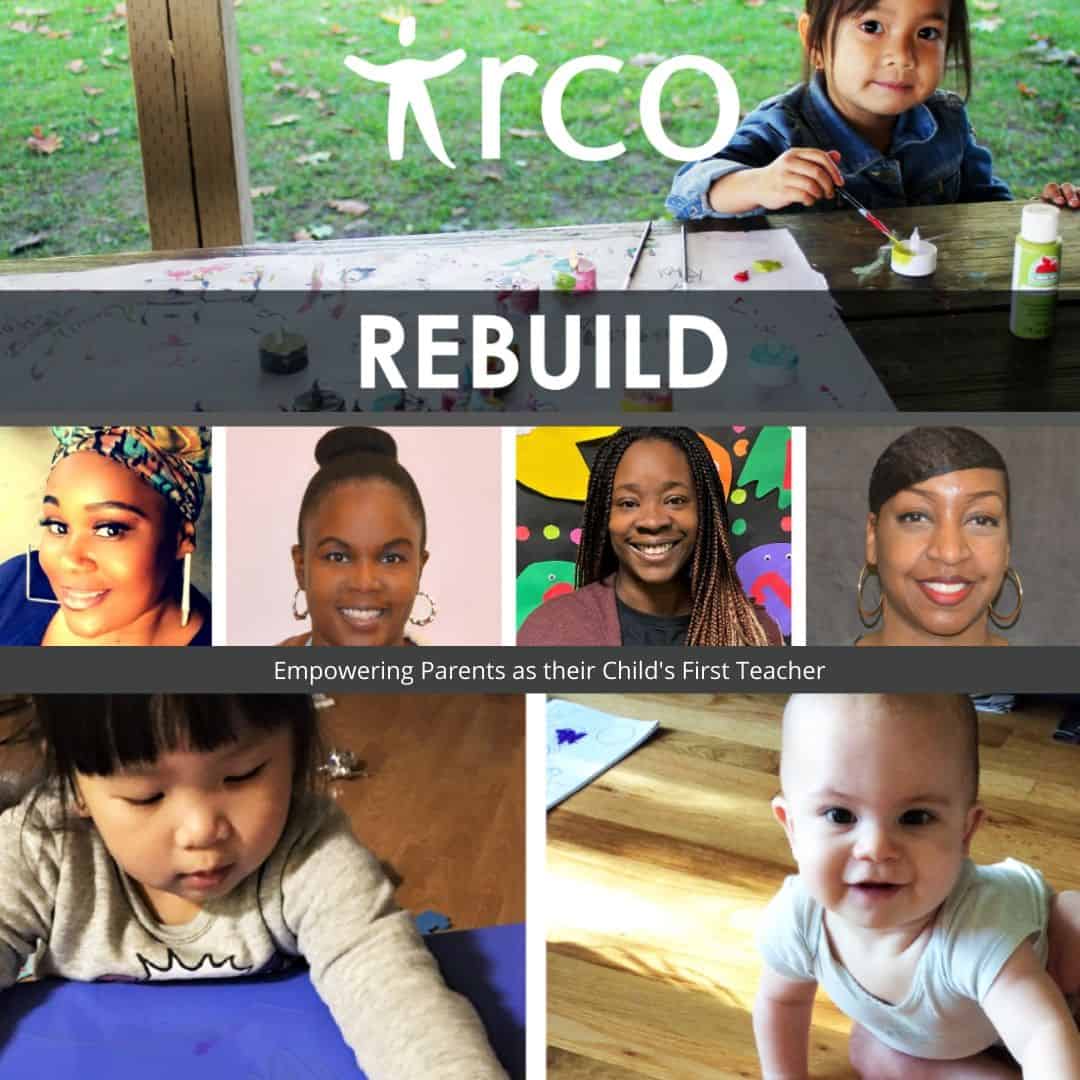In Oregon, Kindergarten Readiness Partnership and Innovation Grants (KPI) fund a diverse range of programming that supports early school readiness and family engagement, as well as professional development for early childhood and early grades educators. Data shows that KPI programs are especially impactful for children and families from historically underrepresented communities.
-But as COVID-19 began working its way through the state in March and state budget projections have plummeted in its wake, those who work on behalf of young children are facing a challenging new reality: some KPI programs may not have the funding to continue.
That’s unfortunate for thousands of kids and families who benefit from such programs and contrary to the equity goals that the state has laid out for itself. Spanish-speaking children and families are among the historically underrepresented communities that have benefited most from KPI programming.
“We rely on KPI funds to provide a number of our culturally specific early learning and parent engagement programs,” says Sadie Feibel, early childhood director at Latino Network. “These programs are critical for supporting Latinx children and their parents to become confident learners and engaged advocates in our schools.”

On a scale of 1 [definitely disagree] to 5 [definitely agree] all families surveyed reported increased benefits of participating in KPI-funded family engagement programming, but Latinx families showed the greatest levels of growth across a range of school readiness indicators. Source: Early Learning Division, Kindergarten Readiness Partnership & Innovation Grants, Outcomes Survey Summary, 2018
A Systems-Change Strategy, Embedded with Equity
KPI’s vulnerability in the budget may partly be due to the fact that it’s part of a larger effort to drive systems change in early education and early grades learning.
Improving the alignment between what have traditionally been two separate systems of care and support for children and families is the overarching goal of “P-3,” or prenatal to third grade work. That shift in thinking and approach is a key strategy for closing opportunity and achievement gaps.
“We know that opportunity gaps are evident before children ever step foot in a kindergarten classroom,” says Brooke Chilton-Timmons, early learning coordinator for Multnomah County’s SUN Service System. “So the work to address them really needs to begin much earlier than age 5, and to be truly effective and lasting, it needs to be woven into other supports in the early health and social service sectors.”
Molly Day, director of Multnomah County’s early learning hub, worries that because KPI-funded programming is so innovative, that the big picture, long-term benefits can be hard for some to grasp. She fears that the positive momentum gained over the last seven years of the program will be lost if funding is interrupted.
For those struggling to understand the nuance and complexity of this multi-system, multi-pronged approach, she offers a simple distillation: “KPI work is equity work.”
Nurturing Family Engagement in Multnomah County
Chau Hunyh, a former P-3 coordinator with the Immigrant and Refugee Community Organization (IRCO) worked at Lincoln Elementary in the David Douglas School District. The surrounding neighborhood includes a number of Bhutanese and Nepalese refugee families.
Hunyh served as an important cultural broker between families, the school, and the community, hosting relationship-building parent education events and by connecting families to available food, health, and other resources. She is particularly proud of her work with two Bhutanese parents who are deaf. She was able to connect them to interpretation and other assistance that gave them the confidence to converse with school staff and participate in school-based activities and events like a play and learn group and Bingo night.
Prior to Hunyh’s involvement, no Bhutanese families had registered for a SUN after school program or for summer program opportunities. Afterwards, ten families signed up.

Photo Courtesy of Youth and Family Services Division, SUN Service System, Multnomah County
The work of P-3 coordinators often goes beyond supporting kindergarten readiness, as parent Charmaine Worthy shared in a letter she wrote about Ventura Park Elementary’s P-3 coordinator, Jacqui MacDougal. It reads in part:
“Jacqui expertly led a week-long program that built a great foundation for those lucky kids – from familiarizing them with their new school environment, to practicing the routines and expectations that their kindergarten teachers would have of them in the weeks to come.
[Her work] has been especially meaningful to us because of financial challenges we’ve experienced in the last few years. From [connections to resources like] Backpack Buddies to food pantries and food boxes offered to us, Jacqui has been a dependable source of comfort, encouragement, and relief at times when we did not have the means to fully provide for ourselves.
We are humbled by the kindness and respect that she has always treated us with. We are so grateful for “Ms Jacqui” and the tireless work that she does for the Ventura Park community.”
From Participants to Parent Leaders
“P-3 work not only benefits families who receive services, but it also empowers the parents to serve as leaders and advocates for their own communities, from within their own communities,” said Mani Xaybanha, a program specialist for Multnomah County’s SUN Service System.
Xaybanha notes that four former P-3 program participants are now serving as P-3 coordinators in elementary schools.
“The impact those parents have is amazing,” she said.
Learn more about the power of parent leadership in this story from our Early Childhood Coalition partner, the Immigrant and Refugee Community Organization (IRCO). (Click image to view)

